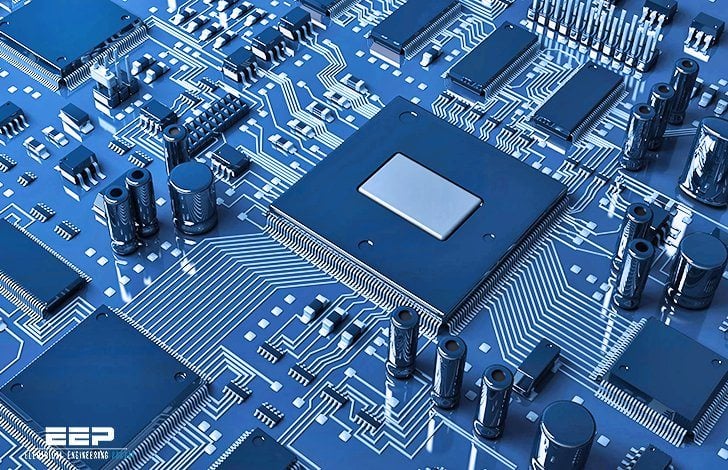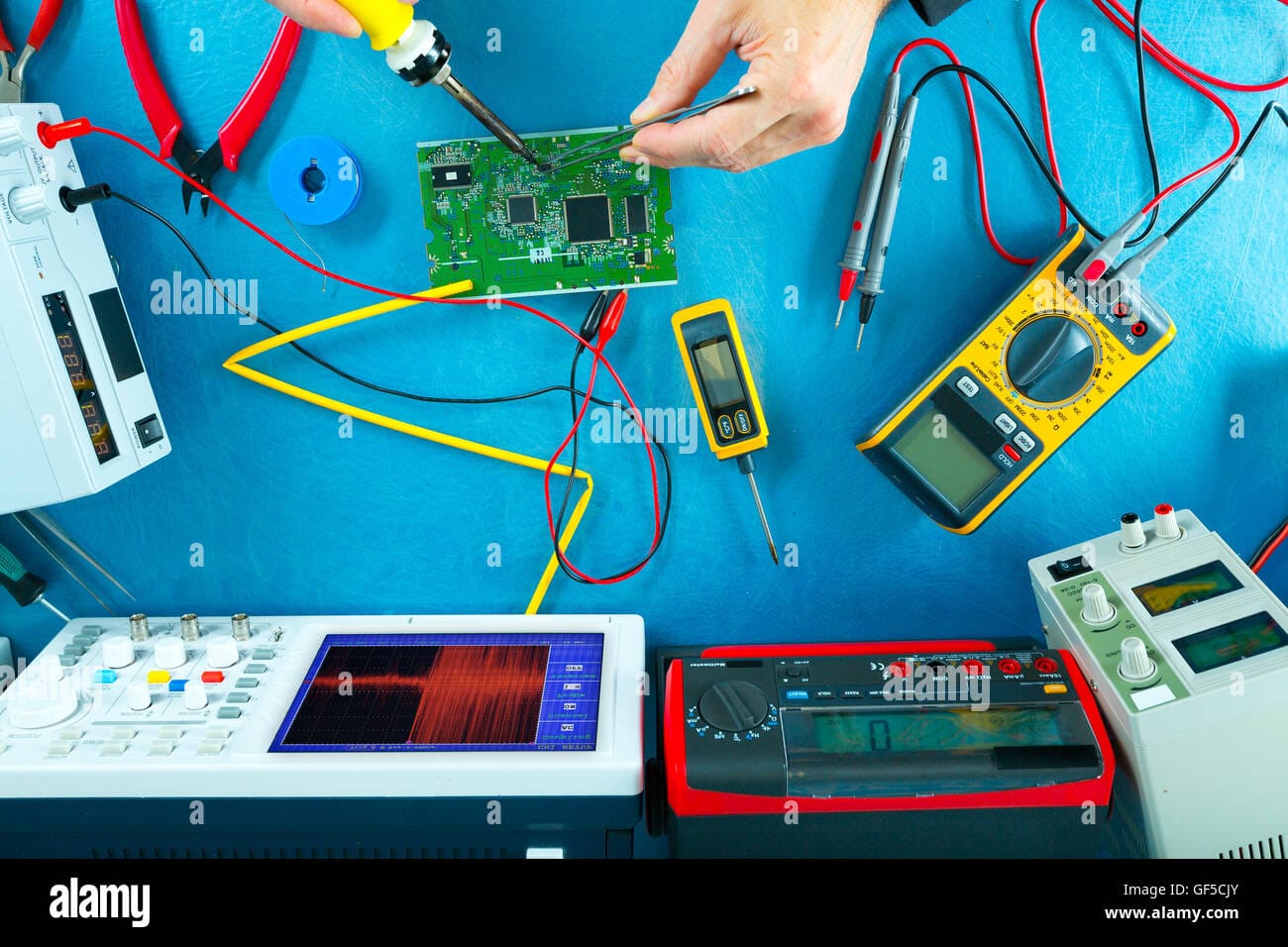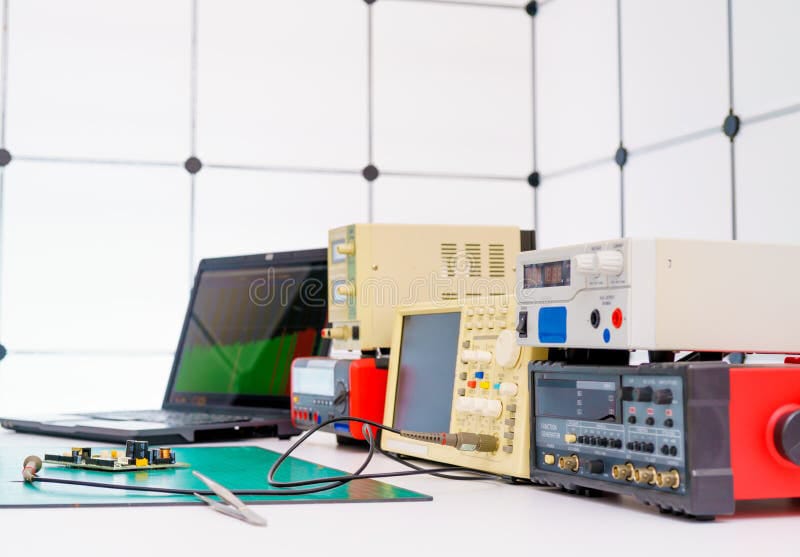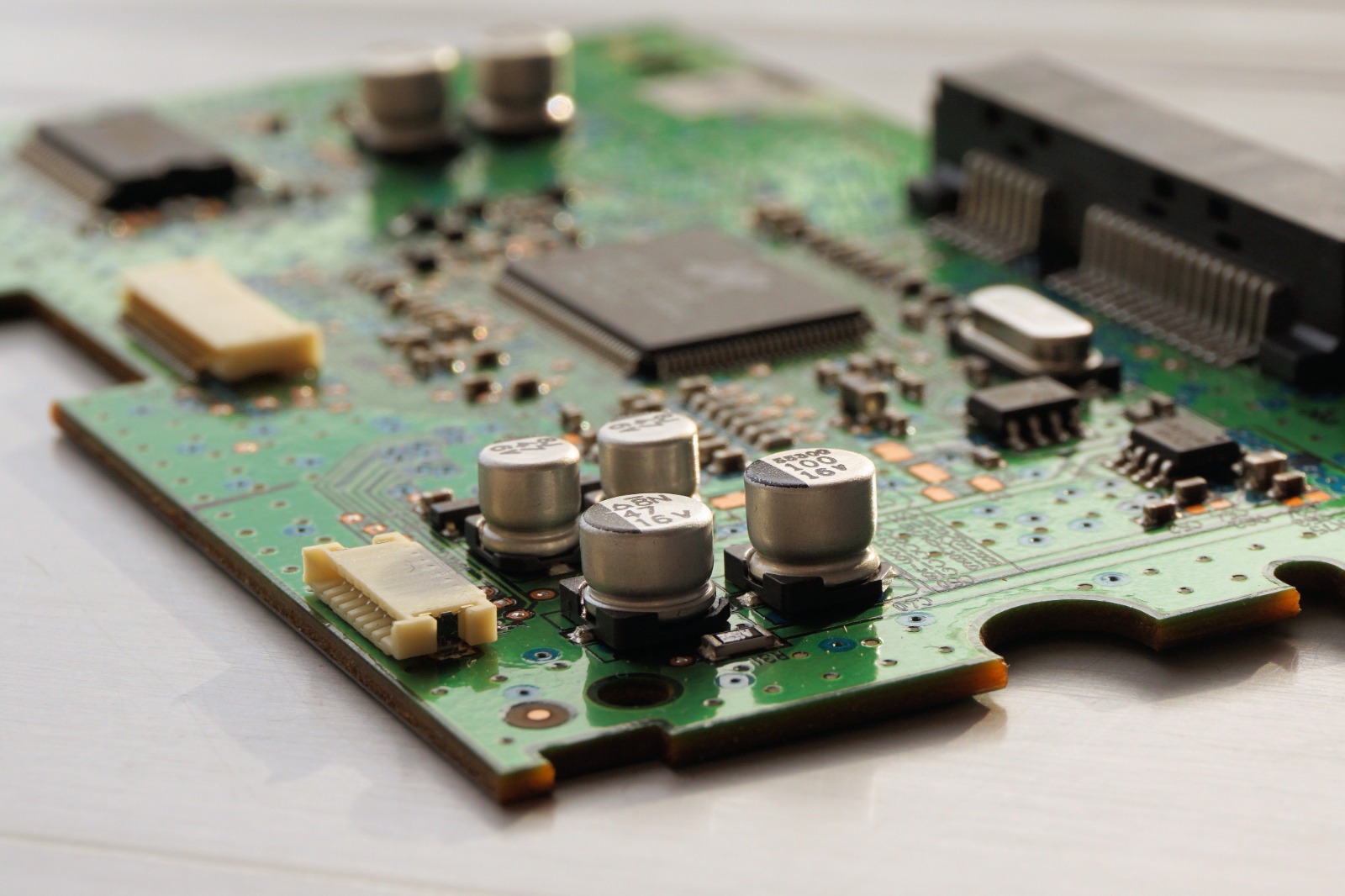Department of Electrical and Electronics Engineering
About
Welcome to the Department of Electrical and Electronic Engineering (EEE) – a hub of innovation and excellence in the realm of technology. Our department stands at the forefront of cutting-edge advancements, offering a dynamic learning environment where students areempowered to explore, create, and shape the future. With a dedicated faculty of experts, state-of-the-art laboratories, and a commitment to fostering both theoretical understanding and practical skills, we prepare our students to tackle real-world challenges and lead in industries spanning from electronics and power systems to communications and beyond. Join us in the journey of discovery and innovation in the fascinating world of Electrical and Electronic Engineering.
Vision of EEE Department
Mission of EEE Department
M1: To provide quality technical education using modern tools in the field of Electrical & Electronics Engineering.
M2: To strive for continuous improvement in the quality of academics and inculcate professional ethical values among the students and the faculty members.
M3: To make the Department of Electrical & Electronics Engineering learning and agile center to nurture the spirit of innovation, creativity and entrepreneurship among the students and the faculty members.
PROGRAM OUTCOMES
| PO1 | Engineering Knowledge: Apply Reasoning informed by the contextual knowledge to assess societal, health, safety, legal and cultural issues and the consequent responsibilities relevant to the professional engineering practice |
| PO2 | Problem Analysis: Identify, Formulate, review research literature and analyze complex engineering problems to arrive at substantiated conclusions using first principles of mathematics, natural and engineering sciences. |
| PO3 | Design/Development of Solutions: Design solutions for complex engineering problems and design system components, processes to meet the specifications with consideration for the public health and safety, and the cultural, societal, and environmental considerations. |
| PO4 | Conduct Investigations of Complex Problems: Use research-based knowledge including design of experiments, analysis and interpretation of data, and synthesis of the information to provide valid conclusions. |
| PO5 | Modern Tool Usage: Create, select, and apply appropriate techniques, resources, and modern engineering and IT tools including prediction and modelling to complex engineering activities with an understanding of the limitations. |
| PO6 | The Engineer and Society: Apply Reasoning informed by the contextual knowledge to assess societal, health, safety, legal and cultural issues and the consequent responsibilities relevant to the professional engineering practice |
| PO7 | Environment and Sustainability: Understand the impact of the professional engineering solutions in societal and environmental contexts, and demonstrate the knowledge of, and need for sustainable development |
| PO8 | Ethics: Apply Ethical Principles and commit to professional ethics and responsibilities and norms of the engineering practice |
| PO9 | Individual and Team Work: Function effectively as an individual and as a member or leader in teams and in multidisciplinary Settings |
| PO10 | Communication: Communicate effectively with the engineering community and with society at large. Be able to comprehend and write effective reports documentation. Make effective presentations, and give and receive clear instructions. |
| PO11 | Project Management and Finance: Demonstrate knowledge and understanding of engineering and management principles and Apply these to one’s own work, as a member and leader in a team. Manage projects in multidisciplinary environments. |
| PO12 | Life-Long Learning: Recognize the need for, and have the preparation and ability to engage in independent and life-long learning in the broadest context of technological change. |
Program Educational Objectives
PEO1: Graduates of the program will be able to exhibit strong knowledge in basic sciences and electrical engineering to enable them for higher learning and employment.
PEO2: Graduates of the program will be able to design electrical, electronic and computing systems that are innovative and socially acceptable.
PEO3: Graduates of the program will be able to exhibit professionalism, ethics, communication skills and team work.
PEO4: To inculcate the graduate professionalism, ethics, effective communication skills and capability to succeed in multi-disciplinary fields.
Program Specific Outcomes
PSO-1: Integrate the knowledge of fundamental Electrical and Electronics for the controllability, reliability and sustainability of electrical systems.
PSO-2: Ability to develop solutions to societal & industrial problems by applying latest knowledge in power system, machine design, & renewable energy systems.





